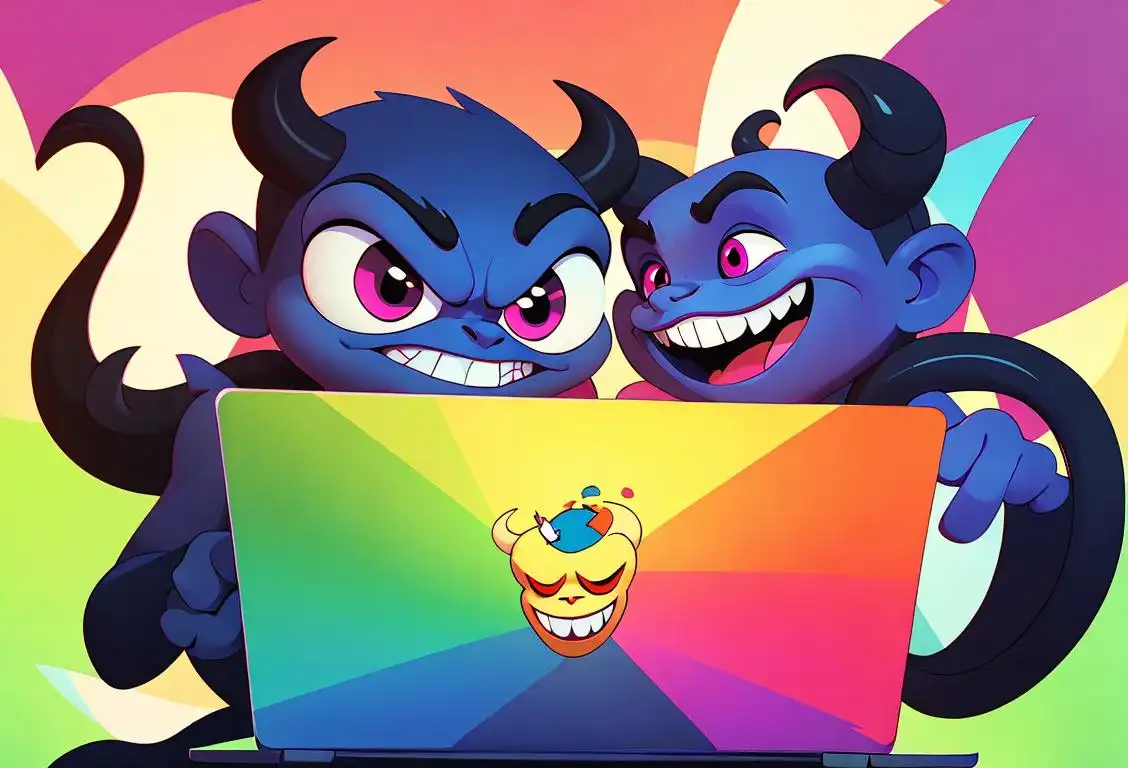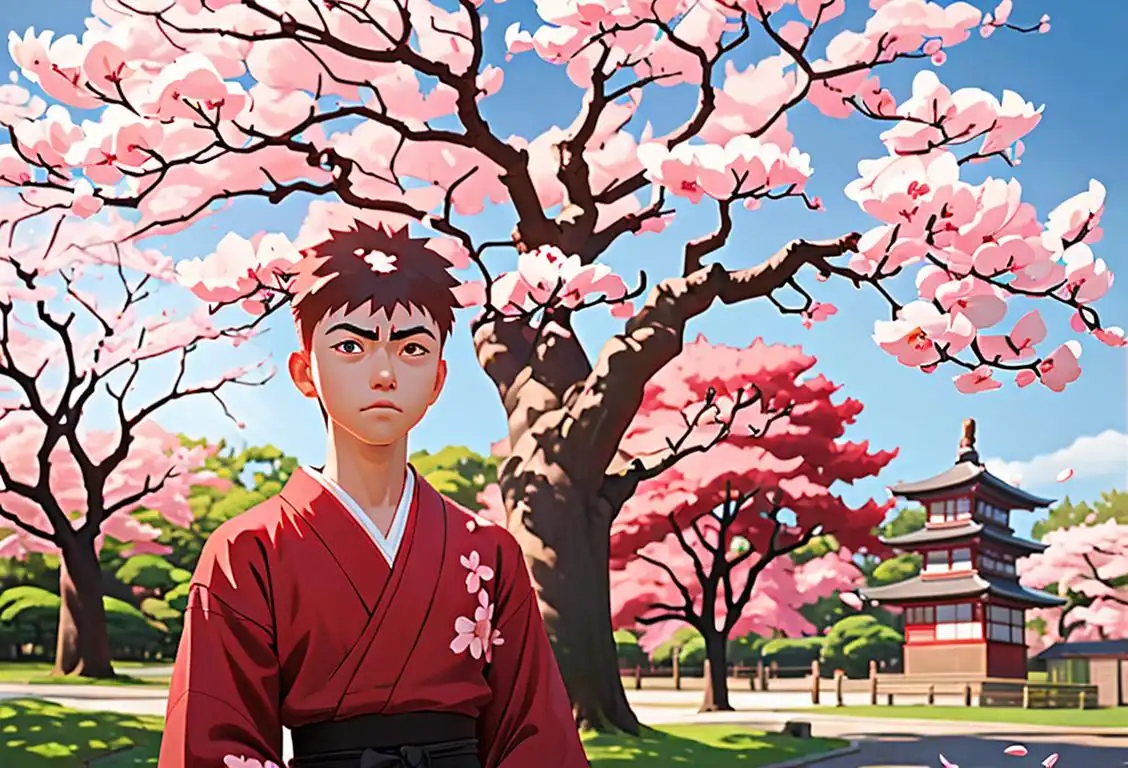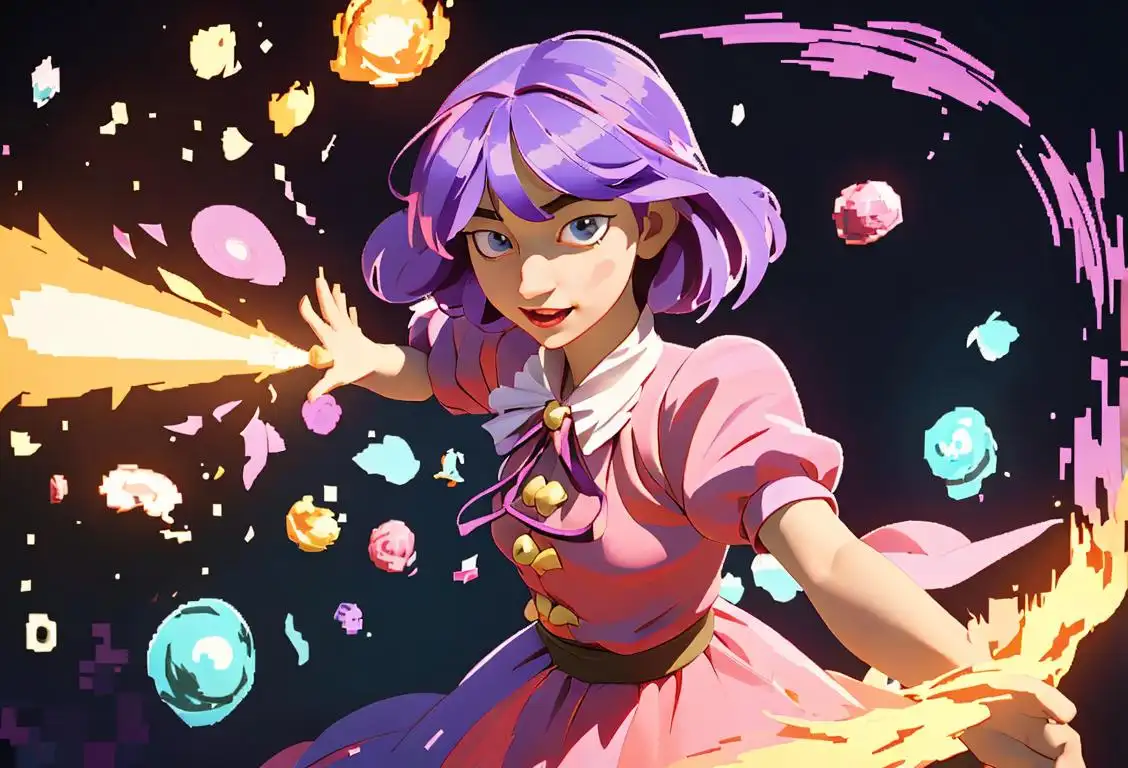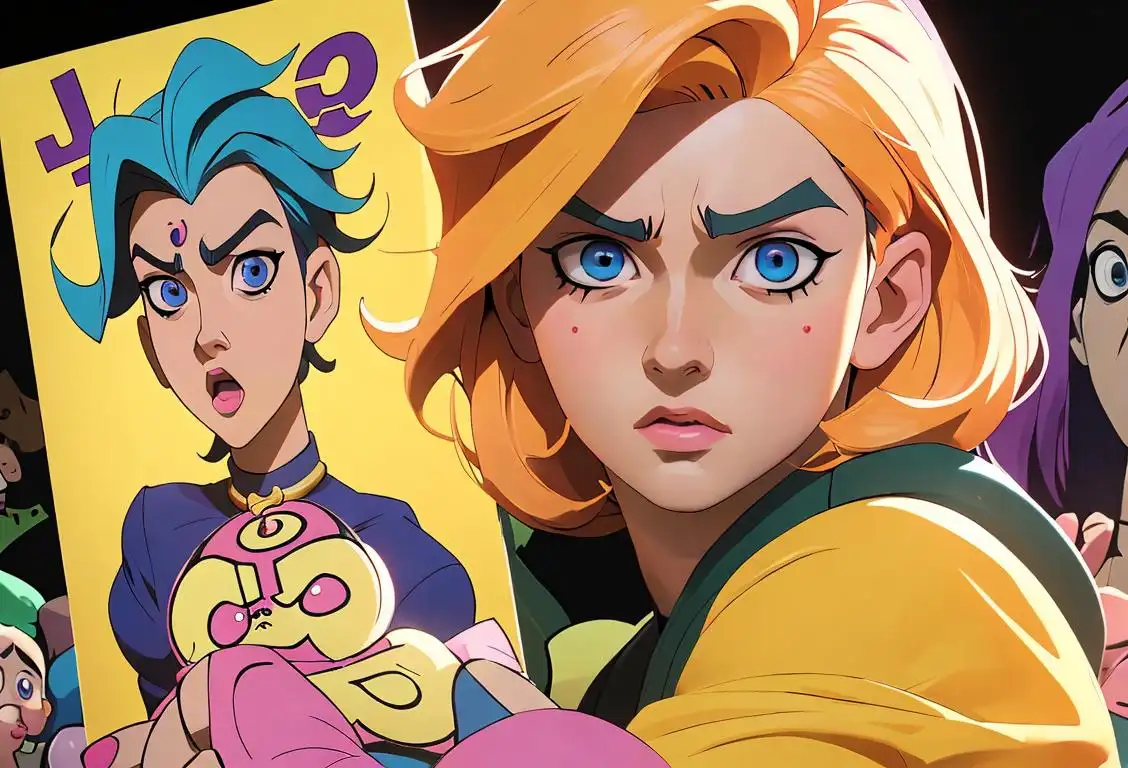National Demon Day

Get ready, brave internet surfers, for a day that may just scare the hashtags out of you - National Demon Day! But don't fret, we mean 'demons' in the nicest possible way (and certainly without a whiff of sulfur). It's a spooky, yet fun tradition with a bit of internet history.
When is Demon Day?
It's national demon day on the 16th April.
The Origin of National Demon Day
Scratch your head anymore and you might open a portal to another dimension. Truth be told, the origins of National Demon Day are a bit cryptic. Clear up your browsing histories, folks, let's just say it isn't a tribute to underworld dwellers with pitchforks. Instead, it appears the day has some tie-ins with popular anime and manga culture, where 'demons' often represent powerful and fascinating characters.
16th April 2020: The Day of Demonic Fame
The most mentions of National Demon Day occurred on the 16th of April, 2020, like a sudden storm of sinister smileys. This may have been due to the release or announcement of a popular demon-themed manga, a fiery tweet from a celebrity, or possibly a bored programmer playing around with algorithms. Backtracking the digital footprints, we're still unsure. All we can say, bad hair days had nothing on this!
The Ways of Celebration
No, you don't need to dress in red or grow a tail to celebrate National Demon Day. It's all about embracing your fondness for these fascinating fictional characters. Some enjoy this day by binge-watching demon-centric anime, drawing their favorite demon characters, or even role-playing online. So pick up your digital pitchforks and let's have a devil of a time!
History behind the term 'Demon'
1st century BCE - 1st century CE
Origins in Ancient Greece and Rome
The term 'demon' finds its origins in the ancient Greek and Roman cultures. In Greek mythology, 'daimon' referred to a protective deity or spirit that could be either good or evil. Similarly, in Roman mythology, 'daemon' was used to describe a divine power or spirit. These early conceptions of demons were not necessarily associated with evil or malevolent forces but were more commonly seen as intermediaries between the human and divine realms.
4th - 5th century
Influence of Christian Theology
With the rise of Christianity, the term 'demon' began to take on a more negative connotation. Christian theologians, such as Augustine of Hippo, expanded on the concept of demons and associated them with fallen angels who had rebelled against God. Demons were regarded as tempters, tormentors, and accusers of humans, embodying evil and seeking to lead people astray from the path of righteousness.
Late Middle Ages - Early Modern Era
Demons in Folklore and Witchcraft
During the late Middle Ages and early Modern Era, belief in demons surged. Demons became prominent figures in folklore, legends, and religious texts. They were often portrayed as sinister creatures with malicious intent, tormenting individuals and possessing their souls. The fear of demons fueled the perception of witchcraft, leading to the infamous witch trials in Europe and the Americas, where many innocent people were accused of consorting with demons.
19th - 20th century
Psychological Interpretation of Demons
In the 19th and 20th centuries, the concept of demons took on a new interpretation. Psychologists and psychoanalysts, such as Sigmund Freud, Carl Jung, and Friedrich Nietzsche, explored the metaphorical significance of demons within the human psyche. Demons came to represent our inner conflicts, unresolved emotions, repressed desires, and the shadow aspects of our personality. This psychological perspective offered a different lens to understand human behavior and the forces that drive us.
Contemporary Times
Pop Culture and Fictional Representations
In contemporary times, demons continue to captivate popular culture. They are frequently featured in literature, films, TV shows, and video games. From the menacing demons of horror movies to the complex and intriguing characters in fantasy novels, demons have become a staple element of supernatural storytelling. Their portrayal varies widely, ranging from terrifying creatures embodying pure evil to multifaceted individuals with their own moral dilemmas.
Did you know?
Despite the spooky connotations, the word 'Demon' originally came from the Greek word 'Daimon', which referred not to evil spirits but to divine powers and fate.Tagged
fun celebration anime manga fictional charactersFirst identified
31st October 2019Most mentioned on
16th April 2020Total mentions
9Other days
Demon Day
Shirou Day
Gintoki Day
Touhou Girl Day
Jojo Day
Thug Day
Friend Day
Vodka Day
Fitness Day
Bestfriends Day







